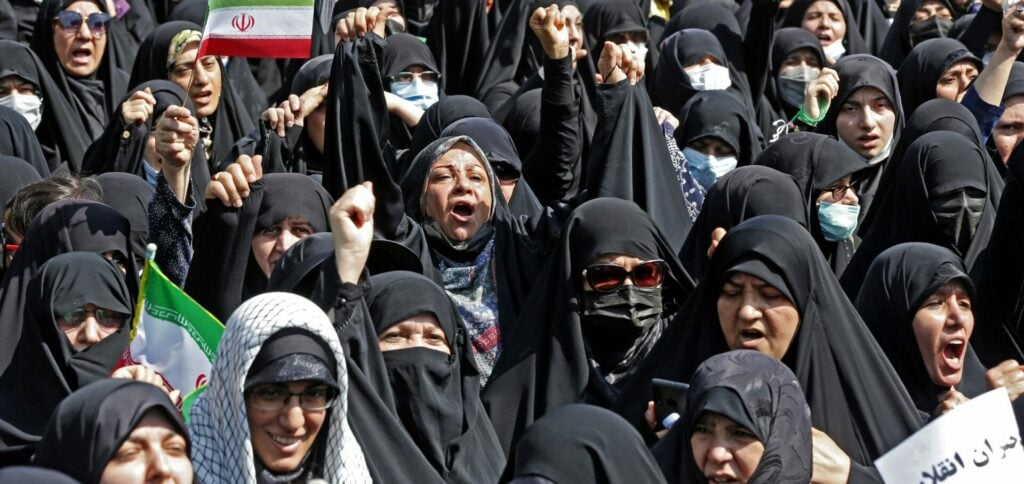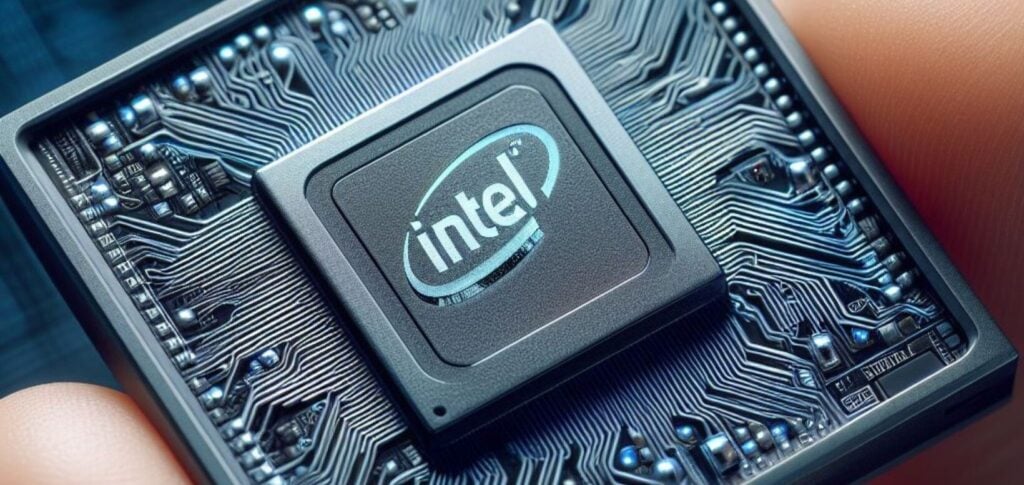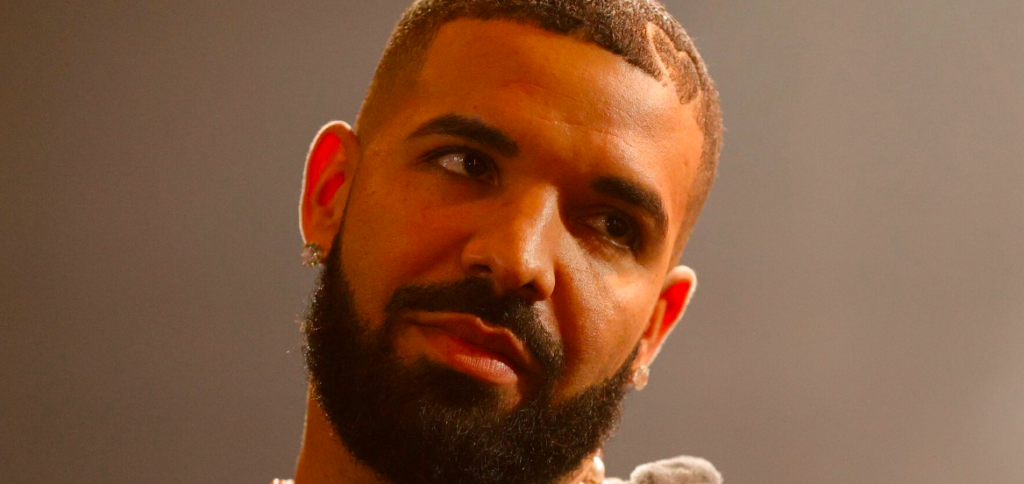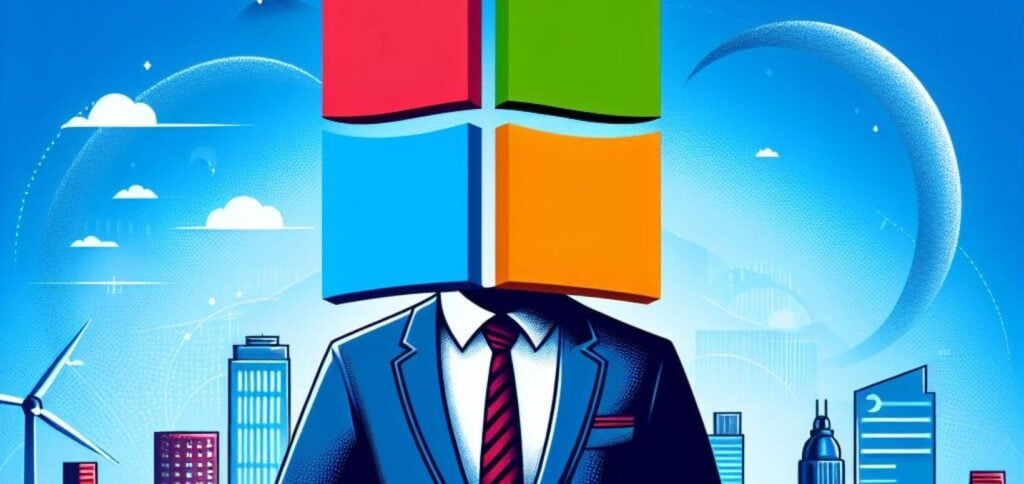The 47 member states of the UN Human Rights Council, the institution's highest body in the area of human rights, are meeting to address the “deteriorating situation” in Iran.
ADVERTISING
“The unnecessary and disproportionate use of force must stop. The old habits and beleaguered fortress mentality of those in power simply don't work. They only make the situation worse”, said the High Commissioner for Human Rights, Volker Türk.
“Iranian protesters have no place at the Human Rights Council in Geneva, they have no voice at the United Nations,” German Foreign Minister Annalena Baerbock said shortly before.
The wave of anti-government protests, which arose following women's demands following the death of Mahsa Amini, a young Kurdish woman killed in the custody of the morality police for not correctly wearing the Islamic veil, has reached a magnitude unprecedented since the Islamic Revolution of 1979.
ADVERTISING
According to Türk, around 14 thousand protesters, including children, were detained in the context of the protests, “an enormous number”.
Iranian justice has already sentenced six people to death in connection with the demonstrations.
The Council is expected to decide this Thursday whether to appoint a team of high-level investigators to analyze human rights violations linked to the repression of demonstrations.
ADVERTISING
According to the draft resolution, presented by Germany and Iceland, this independent international mission will have to include “the dimension of gender-related violence”.
It is about gathering evidence of these abuses and preserving it for possible future legal action.
No “moral credibility”
Many Iranian diplomats, activists and experts supported this initiative.
ADVERTISING
“We must do everything we can to bring to light the truth about what is happening in Iran and support the Iranian people's calls for justice and accountability,” commented United States Ambassador Michèle Taylor.
The Iranian government, in turn, accused Western countries of lacking “moral credibility”. “The rights of the Iranian people have been widely violated by so-called human rights defenders due to the imposition of unilateral sanctions by the American government and the application of these cruel sanctions by European countries, especially Germany, the United Kingdom and France,” said Khadijeh Karimi, an official from the Will.
“With a long history of colonialism and violation of the human rights of other nations, the United States and Europe are in no position to pretend to be defenders of human rights,” the Iranian Foreign Ministry recently tweeted.
ADVERTISING
There is no certainty that the Council will adopt the resolution. Recently, resistance – fueled by Russia, China and Iran – has been growing against moves by Western countries to condemn individual states for their repression of human rights.
Last month, these countries failed in their attempt to include a discussion on Beijing's crackdown in the Xinjiang region. But Iran may have a harder time blocking Thursday's resolution.
The Council has already expressed its human rights concerns about the Islamic Republic when it appointed a special rapporteur in 2011 to monitor Tehran's actions. His mandate is renewed each year.
(With AFP)



